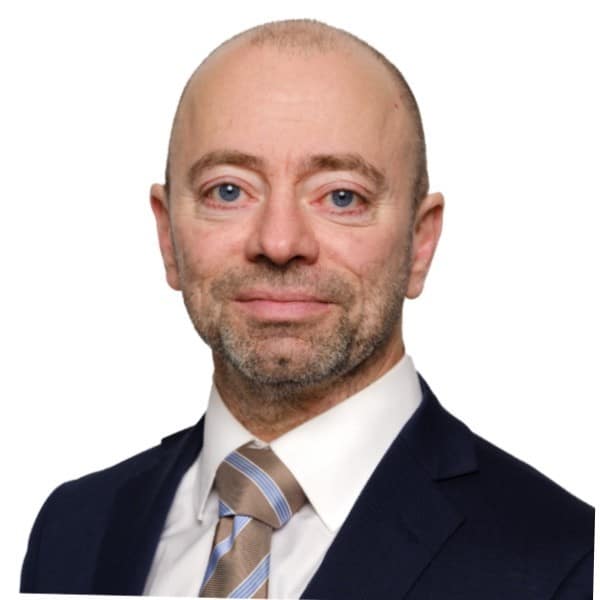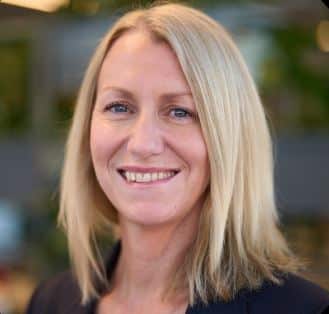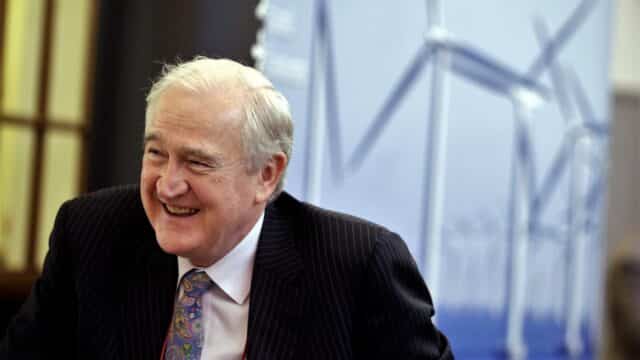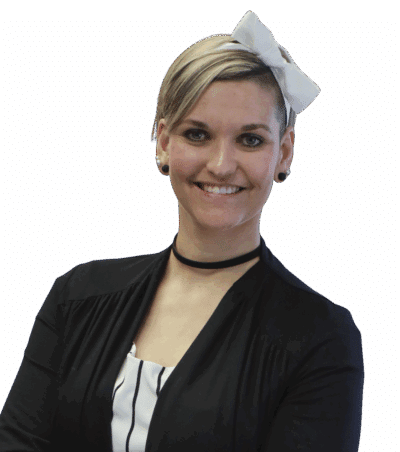Women in Wind Q&A: Mercia Grimbeek
Category
News
Date
16 August 2019
Location
Global
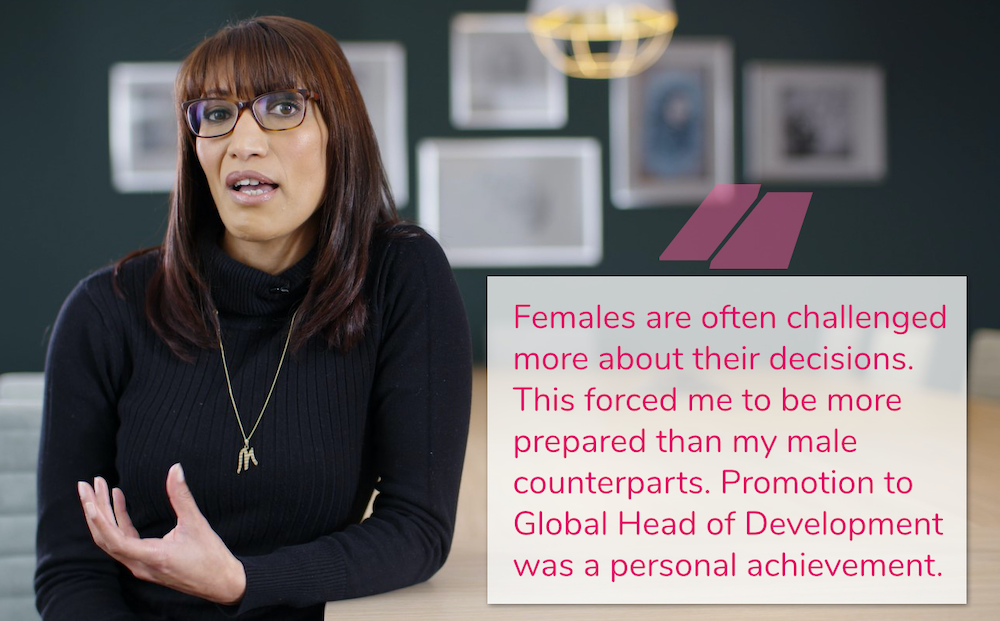
GWEC’s Women in Wind blog recently sat down with our South Africa Compliance Manager, Mercia Grimbeek, to chat about her pathway into renewable energy and the key issues facing women in the wind sector.
Mercia, one of this year’s WIW Global Leadership Programme participants, has worked in the renewable energy industry since 2010, and joined Mainstream South Africa in 2015.
Having previously worked as a Project Development Manager, she is the current chair of the South African Wind Energy Association, Chair of the Mainstream Social and Ethics Committee and a member of the Mainstream Global Ethics and Compliance Committee.
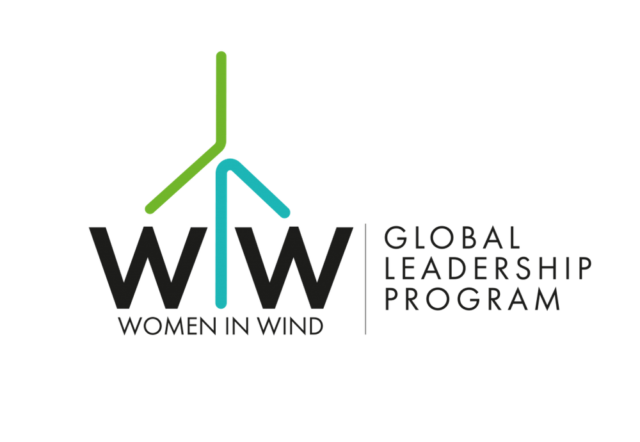
I first developed an interest in renewable energy when the South African Government launched the Renewable Energy Independent Power Producer Procurement Programme (REI4P) in 2010. This became the platform for me to immerse myself in the development of renewable energy sites and the benefits of clean energy production. This prompted me to expand my knowledge of the impact of clean energy generation on climate change, and to promote the transition from traditional coal generation to renewable energy in South Africa.
Tell us about your expertise and passion in the sector. For you, what is the next “space to watch” in renewable energy?
I commenced my employment in the renewable energy sector in 2010. For the first eight years my focus was on the development of utility-scale wind and solar facilities. The REI4P process is extremely structured and the development of renewable energy facilities requires around 46 permits.
In 2017 I transitioned to the development of Mainstream Renewable Power projects globally. This allowed me to manage the development of projects in Chile, Vietnam and the Philippines. In July 2018 I moved across to the management of operational assets, focusing on the compliance aspects of maintaining and operating the plants. This role allows for increased interactions with shareholders, lenders and regulatory bodies.
The next “space to watch” is certainly artificial intelligence, or AI. Development in this sphere allows for an increase in planned maintenance with a direct impact to optimize maintenance costs. The increased use of drone technology is an area that I have an increased passion for.
What sort of challenges did you encounter in entering the sector? Can you tell us about an achievement wherein you overcame such a challenge?
Most challenges in this sector for me in South Africa have been gender-related. Females are often challenged and questioned more about their decisions. This has forced me to work harder, and to be more prepared than my male counterparts.
Being promoted to the Global Head of Development for Mainstream was a personal achievement. In the past, I worried that my applications for such roles would not be seriously considered as a woman. But believing in myself and my abilities, and acting with integrity, allowed me to overcome the external and internal bias.
If you had to pick one key issue facing women in the wind power sector, what would it be and why?
I consider work-life balance to be a key challenge facing women in the workplace. Women tend to work harder in the office environment in order to “prove” their ability and show their male counterparts that they are equally capable. This often means that women feel that they are not spending enough time with their families. Especially more so when they are raising young children.
To achieve and own our place in the boardroom, we must as women accept the compromise that this entails. We should insist on having flexibility to accommodate both our work and family lives with the clear understanding that this flexibility is indeed reciprocal.
Most importantly, we need to remember that self-care and reflection is not an indulgence; it is a necessity. We cannot be our best self with our family or in the boardroom if we are feeling too guilty or too exhausted.
Finally, what do you hope to achieve as a participant of Women in Wind Global Leadership Programme? How will you contribute to the next generation of female leaders in the sector?
As a Women in Wind participant, I hope to learn valuable lessons from international female leaders who have trail-blazed in the industry. It is also my vision to listen to the struggles of other mentees and take learnings from that as well.
Ultimately, from this journey of personal growth it will be my task and my obligation as a woman to act as a role model and mentor other young women entering the industry, and to provide them with the tools to flourish and develop their careers.
Share your thoughts on Mercia’s interview by emailing the GWEC Women in Wind blog.
Related News
View all News
